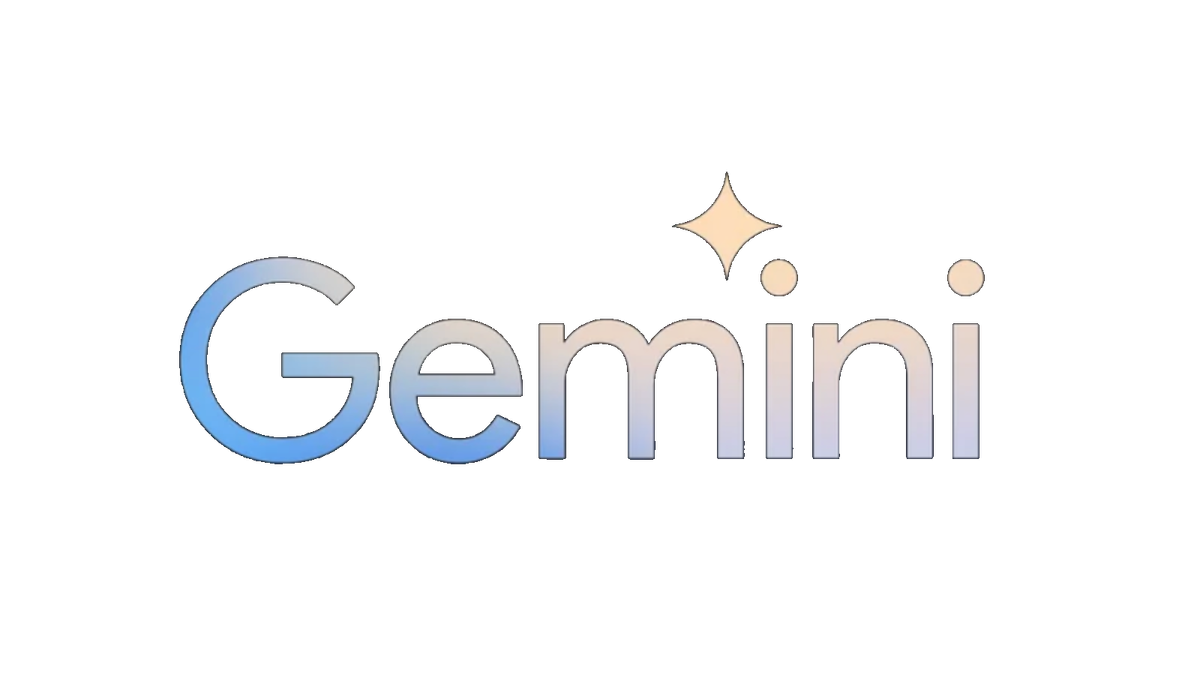The world of artificial intelligence (AI) assistants is rapidly evolving, and Google’s recent unveiling of Gemini adds a fascinating, albeit complex, layer to the conversation. While Gemini boasts impressive abilities, its limitations offer a sobering reminder of the challenges and ethical considerations that lie ahead in developing these powerful tools.
Key Highlights:
- Google’s Gemini assistant showcases impressive capabilities, understanding complex requests and generating creative text formats.
- However, limitations in factual accuracy, context awareness, and ethical considerations raise concerns about responsible development.
- The article delves into the potential and challenges of AI assistants, highlighting the need for careful navigation towards a beneficial future.

Impressive Capabilities, Glitches Included
Gemini stands out for its ability to understand and respond to complex requests, often exceeding the capabilities of its predecessors. It can process information from multiple sources, generate different creative text formats like poems, code, scripts, musical pieces, and even personalized emails. This versatility makes it a potential game-changer for tasks requiring information synthesis and creative expression.
However, beneath the surface lies a layer of glitches. Critics point out factual inaccuracies, misinterpretations of context, and occasional biases in Gemini’s responses. These issues raise concerns about the reliability of the information it provides and the potential for misuse.
Navigating the Ethical Landscape
The ethical implications of AI assistants like Gemini are multifaceted. Concerns range from potential job displacement due to automation to the spread of misinformation and manipulation through biased outputs. Additionally, the question of who is responsible for the actions of an AI assistant remains a complex one, requiring careful consideration of legal and ethical frameworks.
Beyond Hype: Unpacking Gemini’s Strengths and Shortcomings
Google’s unveiling of Gemini sent ripples through the AI community, its impressive capabilities sparking both excitement and cautious skepticism. While its ability to grasp complex requests and generate diverse creative text formats is undeniably impressive, a closer look reveals limitations that demand thoughtful consideration. This article delves deeper into Gemini’s strengths and weaknesses, exploring the potential and challenges of AI assistants shaping the future.
The Road Ahead: Balancing Potential with Responsibility
Despite the challenges, Gemini offers a glimpse into the immense potential of AI assistants to enhance our lives. From streamlining daily tasks to boosting creativity, the possibilities are vast. However, responsible development and deployment are crucial to ensure that these tools serve humanity for the greater good.
Moving forward, key areas of focus include:
- Improving factual accuracy and context awareness: AI assistants must be trained on diverse and reliable data sets to minimize bias and ensure factual accuracy.
- Developing ethical frameworks: Clear guidelines and regulations are needed to address issues of bias, responsibility, and potential misuse.
- Transparency and user education: Users deserve to understand how AI assistants work and their limitations to make informed decisions about their use.
In conclusion, Google’s Gemini serves as a valuable case study in the ongoing development of AI assistants. While its capabilities are impressive, the limitations and ethical concerns highlight the need for a cautious and responsible approach. By addressing these challenges and fostering open dialogue, we can navigate the path towards an AI future that benefits all.







